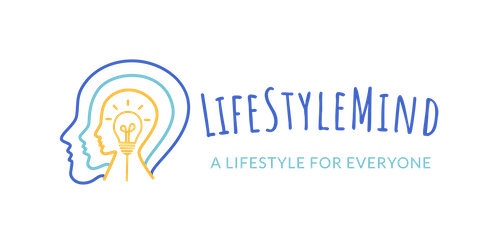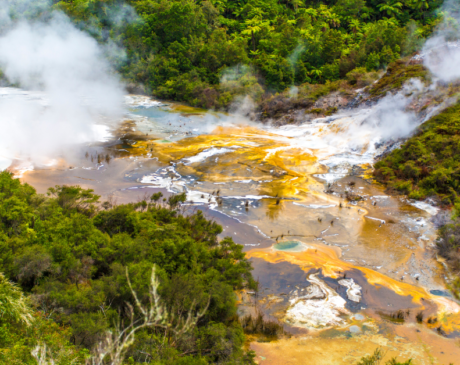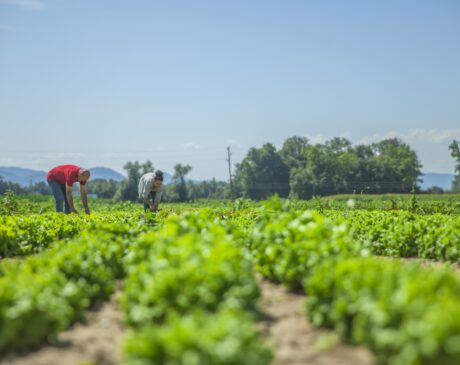Eco-Friendly and Slow Living: Susanna Heiskanen’s Recipe for a Happier Life
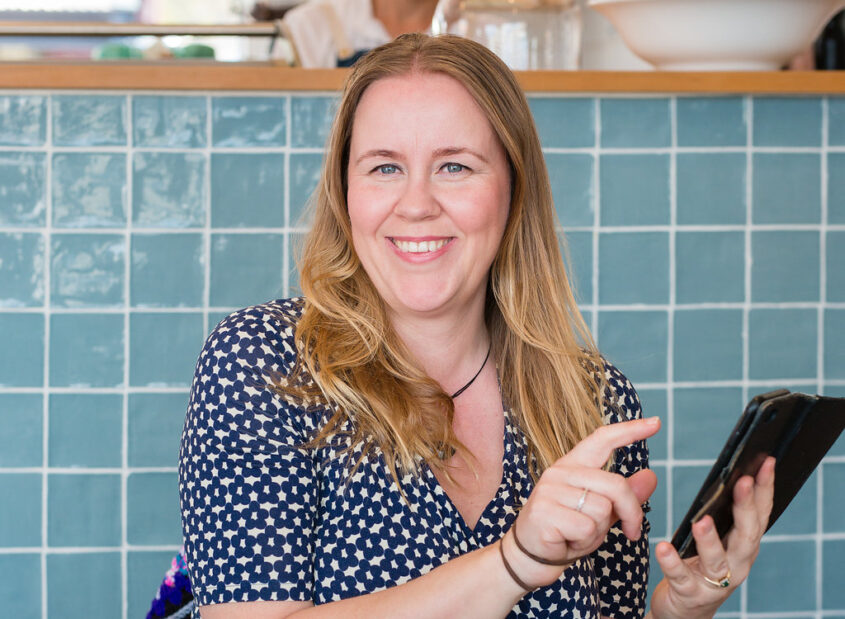
In today’s fast-paced, digital world, it’s refreshing to meet people who are challenging the norm by embracing a slower, more intentional lifestyle. Susanna Heiskanen, originally from Finland and now residing in Australia, has made significant strides in promoting eco-sustainability and slow living.
A mother of two, Susanna’s journey started with a simple desire to reduce waste, which ultimately transformed her approach to life and inspired her to move away from the hustle and bustle of city life.
In this interview, Susanna shares her experiences, principles, and the benefits she’s discovered through adopting a mindful, eco-friendly lifestyle. She also offers valuable advice for anyone looking to slow down and live sustainably in a world that often seems to be moving at lightning speed.
Susanna Heiskanen – The Nordic Mum Interview
Tell us a bit about yourself, your life, and what led you to adopt a slow living lifestyle
I’m a mother of two, originally from Finland, and I’ve been living in Australia for the past 20 years. I started exploring a more conscious lifestyle when my children were born, realizing how much unnecessary waste I was generating with my two little ones.
I wanted to make a change, so I began listening to podcasts, reading blogs, and books about minimalism and slow living to understand how I could do better for the environment. This led us to move from Sydney to the south coast of NSW, where we now live. We bought a house and started renovating it while trying to embrace a sustainable lifestyle, focusing on living with less rather than accumulating more.
What does living a “slow life” mean to you?
To me, it’s a lifestyle that encourages connecting with nature and the people around you, being present in the moment, and embracing sustainable practices in everyday choices.
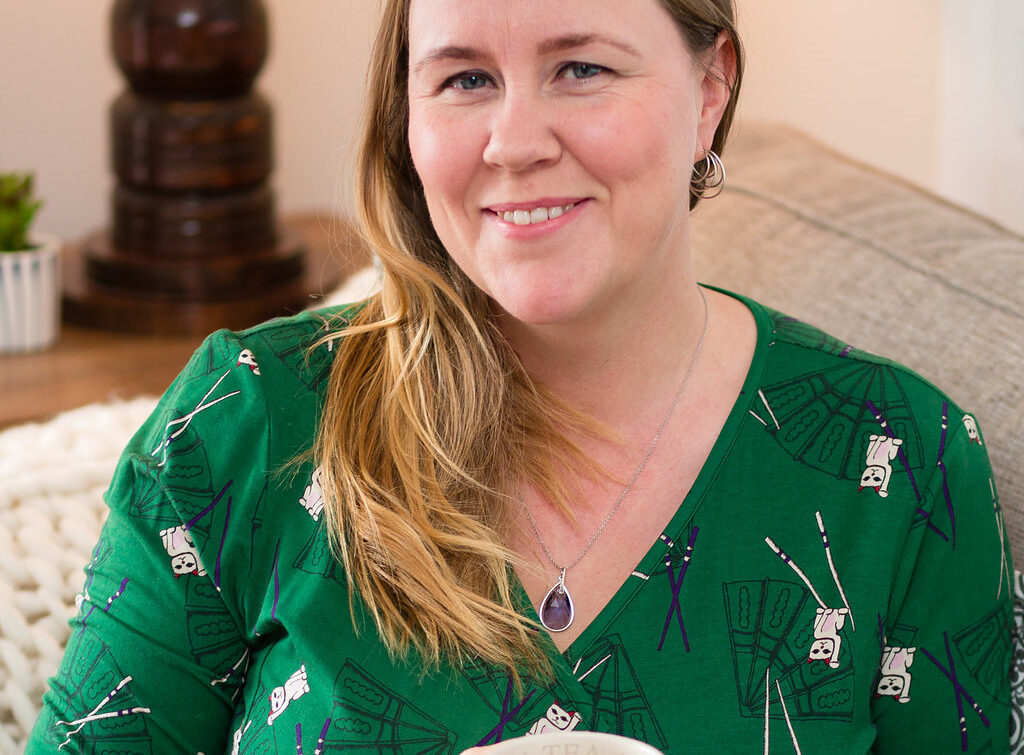
What are the key principles of slow living that you try to apply in your daily life?
I try to avoid the “busyness” mindset and go with the flow more. I remind myself that the present moment is the most important one. For example, I focus on listening to my son when he tells me about his day instead of multitasking and doing household chores while he’s talking.
What benefits have you experienced since adopting a slower and more mindful lifestyle?
I generally feel happier, less stressed, and my friends say that I radiate positivity. I’ve always been an upbeat and cheerful person, but now I feel more confident and comfortable with myself than I did before.
What advice would you give to someone who wants to start living more slowly and sustainably?
Take it easy—change doesn’t happen overnight. Start with one small change, like eliminating plastic bags, and stick with it for a couple of months. Once it becomes a habit, move on to another change.
Slow living is about slowing down your life overall, and much of it is related to your mindset. I’ve put a lot of effort into reminding myself to live in the moment, so I would suggest starting your journey with this focus.
In your opinion, how can a slower, more mindful lifestyle improve people’s well-being?
When you spend more time focusing on the present, you avoid making hasty decisions that might have negative consequences later. For example, with food choices, if you take your time to cook meals from scratch, you’ll likely be healthier and feel happier as a result.
What places or habits help you stay true to the principles of slow living?
Mindfulness is key—taking time to ground myself and remind myself of the positive choices I’ve made. It can be challenging when life’s busyness tries to pull me in, but pausing and resetting helps me reconnect with the principles of slow living.
How can we promote slow living in a world that seems to be moving faster and faster?
This is challenging. I try to promote it through my books, but when people talk about how busy they are, I always remind them that it’s possible to live differently. The choices we make now will influence our children’s choices too—so the better we live now, the better they will live in the future.
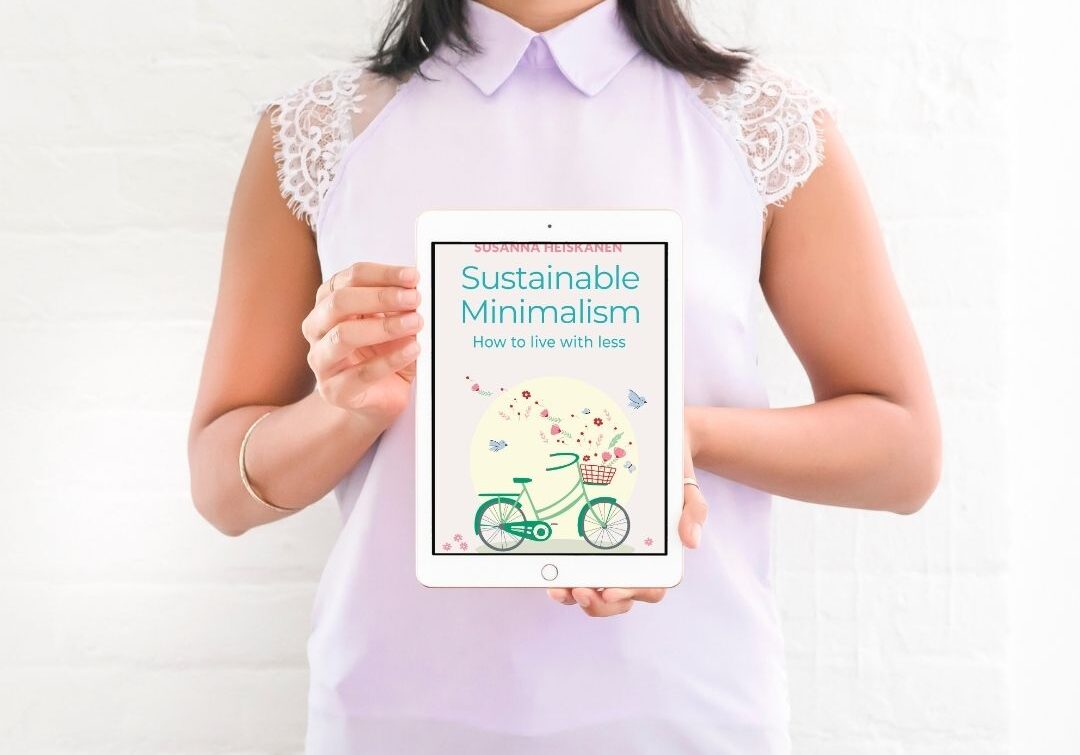
How do you think the combination of eco-friendly homes and slow living can contribute to a more sustainable future?
If we look back to the 1950s, for example, society moved at a much slower pace; we weren’t digitalized, and not everything was instantly accessible.
I believe we’ve lost some valuable traditional practices, like taking time to rest after a meal, eating at the table rather than on the go, and building houses with durable, natural materials instead of cheap, potentially harmful ones.
Have you noticed a growing interest in these topics in recent years?
Absolutely. There are far more podcasts and books about these subjects than there were a few years ago. I think COVID made people pause and reflect on their lives, questioning whether they wanted to continue the “rat race” in an office or live a happier, slower-paced life in the countryside.
What do you think has driven this shift?
As mentioned, COVID certainly played a role. But I also think it’s linked to over-digitalization—people are starting to turn away from smartphones and go back to reading books and engaging in more grounded activities. It’s about having more time to enjoy life.
What’s your vision for the future when it comes to sustainability and personal well-being?
My hope is that we all move towards a healthier, more balanced pace of life. I want my children to grow up in a sustainable world where they don’t have to worry about extreme weather, environmental issues, or food scarcity. These are big dreams, especially given the challenges we face, but they’re essential for a better future.
Thank You, Susanna!
We want to extend our heartfelt thanks to Susanna Heiskanen for taking the time to share her insights and experiences with us. If you’re inspired by her story and want to learn more about slow living and sustainability, be sure to follow her on social media:
- Instagram: @SusannaHeiskanenWrites
- Facebook: Susanna Heiskanen Author
- Website: The Nordic Mum Books
Stay connected to discover more about how to cultivate a more balanced and eco-conscious lifestyle!
